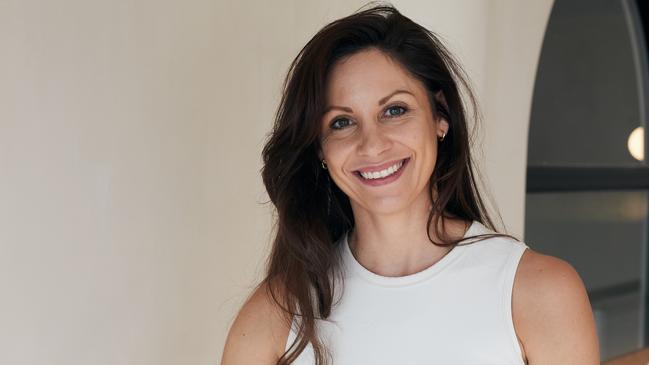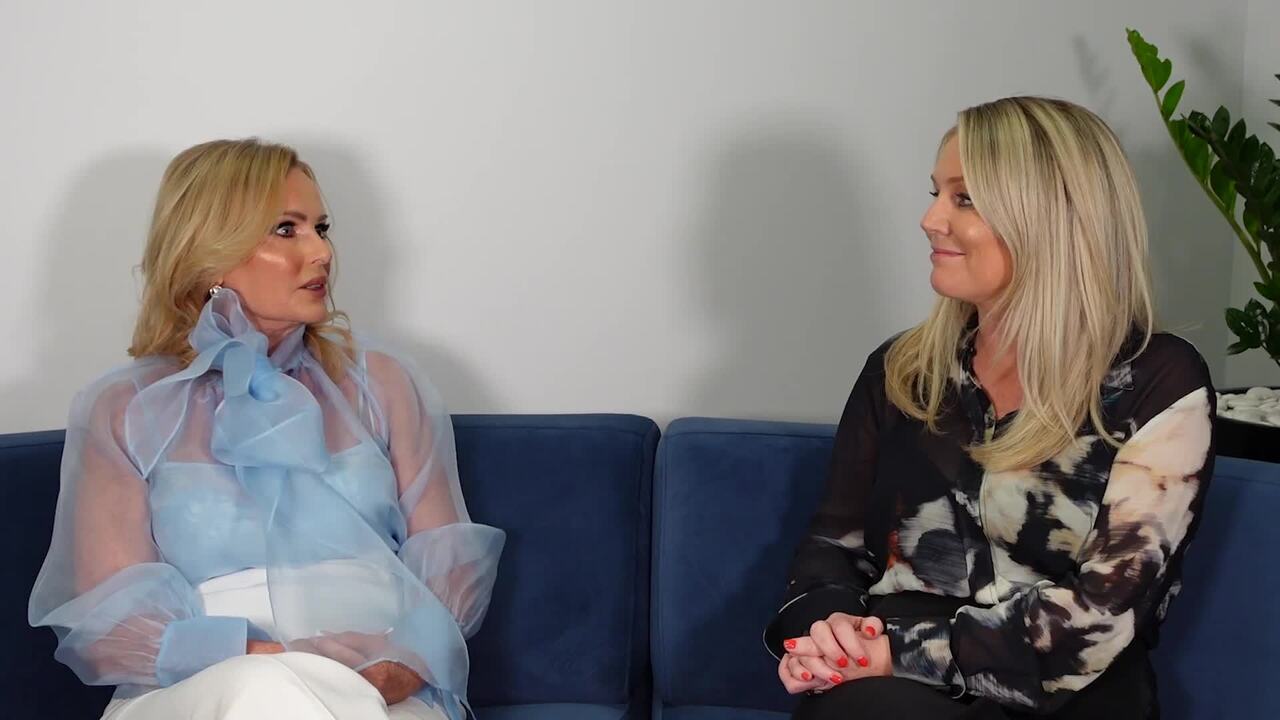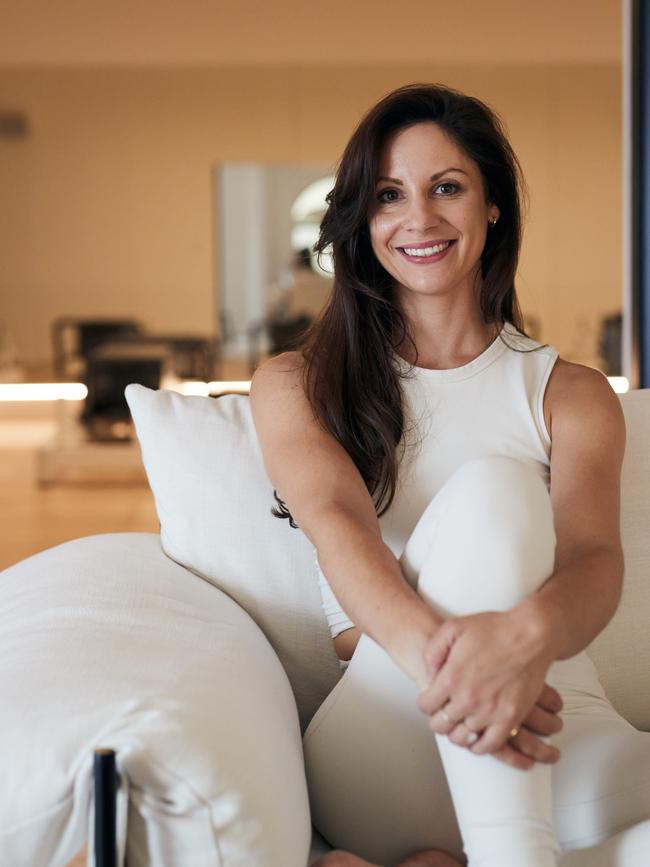Small business women find funding a difficult hurdle to clear
Almost three quarters of female small business owners believe there are gender biases when trying to get a loan. Here’s why.

Seventy per cent of female small business owners believe it is harder for women to get funding from lenders than for men, research by Westpac suggests.
However, only 48 per cent of men share the same sentiment, the big four bank’s new Women in Business study found.
This gender imbalance belief among women is backed by separate data, says the Council of Small Business Associations Australia, that shows there are “perceived and real biases in the system”.
Westpac managing director of business lending Tamara Bryden said there were three common themes she heard from female entrepreneurs: that lenders saw men as less risky borrowers; women feel uncertain about their own financial success; and a lack of networks and memberships compared with men.
“That strong network is something that men can tap into to help them navigate seeking finance from a bank,” she said.

Ms Bryden said more women working part time was also an issue, with “55 per cent of female business owners working part time compared to only 24 per cent of men”. “There’s that lower, less predictable income, and hence that view that this is a bit higher risk with less stable income to fall back on,” she said.
Laura Bullock started Mode Pilates in 2019 and used bank lending to grow her business from one to six studios in the past two years. She said her business loan was “instrumental for us to scale”.
“We couldn’t have done it without lending due to the significant investment required for studios with equipment and commercial leases,” Ms Bullock said. She could understand why so many women felt it was harder for them to get funding than men.
“Women do face a bit of an unconscious bias – maybe there’s not enough education out there. Maybe they think we are less scalable or more higher risk.”
Ms Bullock said she spoke with several banks before getting funding. “There were challenges – not every bank would lend to us,” she said. “It’s like pitching. You have to be able to show your business model works well and you have to be pretty resilient.”
COSBOA chief executive Luke Achterstraat said women faced unique challenges starting a business, and its own research found nine out of 10 women felt they had to work harder than men to be taken seriously.
“What’s telling is that 66 per cent of women believe having a man on their team would improve their chances of getting funding,” he said. “That speaks volumes about the perceived and real biases in the system.

“Several factors stack the odds against women. Many women entrepreneurs start with fewer financial resources, often because they’ve worked part time or taken career breaks.”
This made meeting traditional lending criteria more difficult, Mr Achterstraat said. “Our research shows that just over one in 10 women have tried to secure bank loans or equity financing, and the success rates are equally low – just 7 per cent,” he said.






To join the conversation, please log in. Don't have an account? Register
Join the conversation, you are commenting as Logout